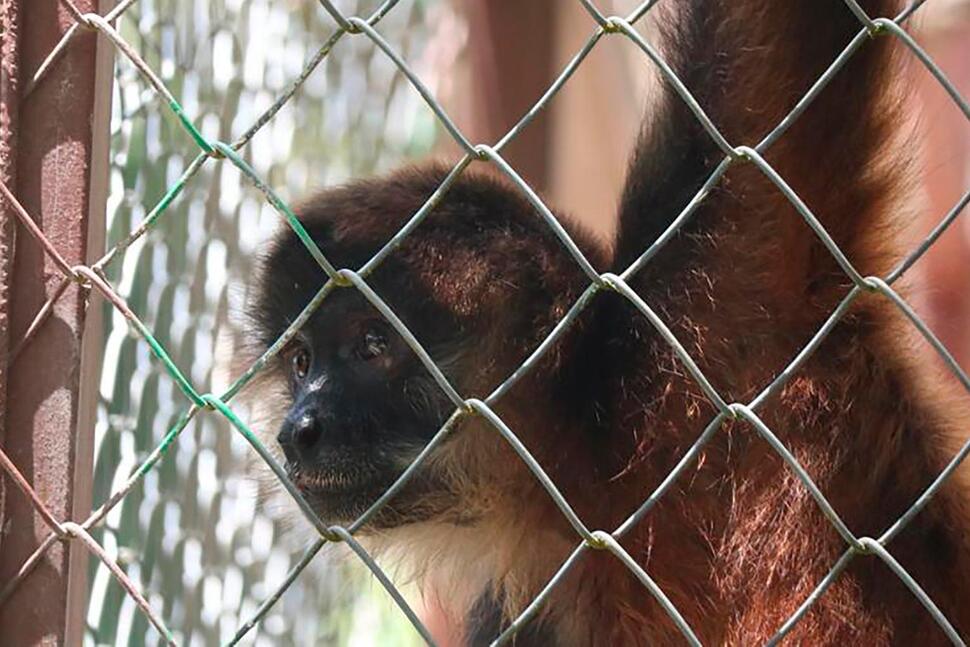A biologist hid 350 audio monitors across Costa Rica’s tropical rainforests to spy on endangered spider monkeys in order to help protect them
PUERTO JIMÉNEZ, Costa Rica (AP) — The elusive and endangered Geoffroy’s spider monkeys, which swing gracefully through the rainforest canopy, present a challenge for scientists trying to monitor them.
To overcome this, biologist Jenna Lawson deployed 350 audio monitors across the lush Osa Peninsula in Costa Rica to capture the sounds of the forest.
The devices recorded for a week, amassing a staggering amount of data. Rather than analyzing it manually, Lawson used artificial intelligence to identify spider monkey calls and map their movements. This innovative approach, launched in 2021, became one of the world’s largest acoustic wildlife studies and highlighted critical threats to a treasured wildlife refuge.
With nearly 28% of plant and animal species at risk of extinction, researchers say AI-driven surveillance is “urgently needed.” A recent Science journal article emphasized that machine-learning techniques allow for faster and more cost-effective biodiversity studies, though technical hurdles remain.
Microsoft’s AI for Good Lab aims to address these challenges with a solar-powered acoustic system called Sparrow, designed for long-term monitoring in remote areas. The devices, powered by energy-efficient AI chips, can operate for years and transmit data via low-Earth orbit satellites. A test is already planned in Colombia’s Magdalena River jungle preserve to study the effects of deforestation on species like jaguars and spider monkeys.
Closer to home, forests in Washington’s Cascade Mountains will also be monitored, with plans to expand to all continents by 2025. The project will make data openly accessible to researchers while ensuring sensitive location information remains secure to deter poachers.
Lawson’s own research began in 2020 as a response to encroachment on Costa Rican spider monkey habitats. By placing audio monitors on private lands outside Corcovado National Park, she uncovered troubling findings: the monkeys avoided roads and plantations harvesting palm oil and teak wood, revealing flaws in government wildlife corridors.
Spider monkeys, known for their sensitivity to environmental changes, are often the first to flee disrupted habitats and the last to return when forests recover. “They need mature, undisturbed forests to survive,” Lawson explained.
Her findings, published in March 2023 by the Royal Society of London, shed light on the species’ struggles and prompted discussions with local officials about conservation strategies.
Acoustic monitoring holds promise not only for rainforest species but also for ecosystems worldwide. For instance, it could help ships avoid baleen whales by detecting their calls in busy waterways.
Despite challenges like weather damage to devices and interference from animals, the technology is revolutionizing wildlife research. Lawson emphasized that audio monitoring allows for more accurate observations by minimizing human impact on animal behavior.
“We’re giving the monkeys space to live naturally,” she said, “because they really don’t want us there.”
